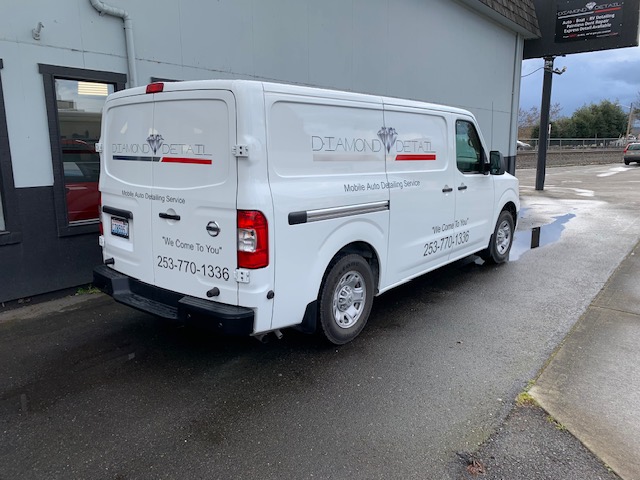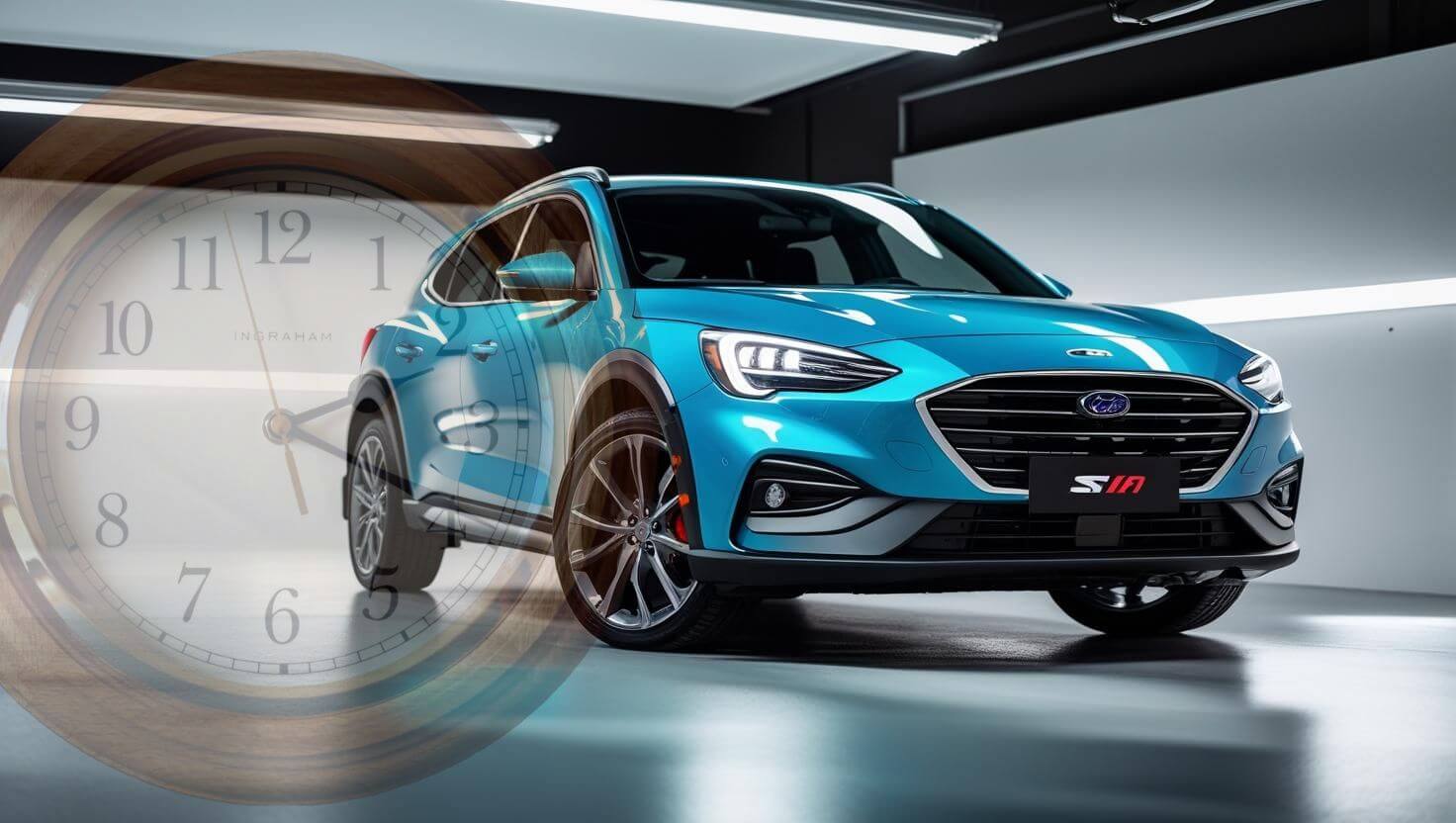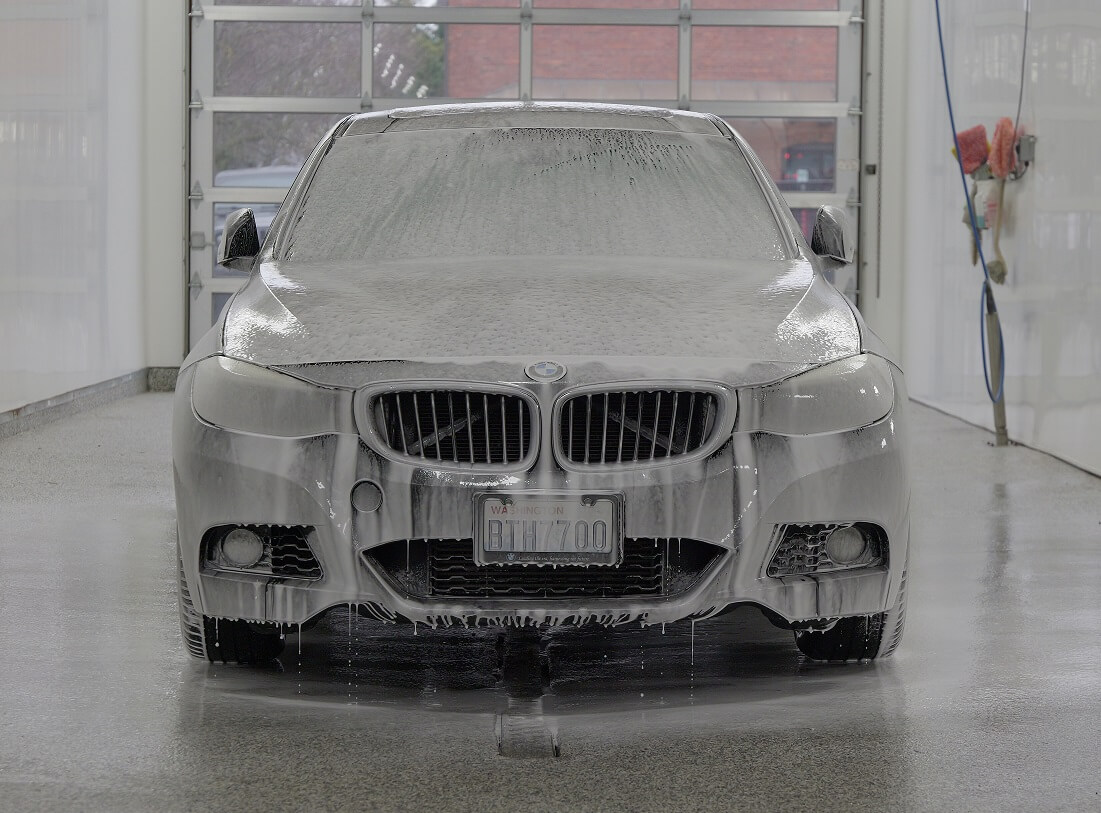Is Your Car’s “Clean” Not Really Clean? The Truth About Paint Contamination
Have you ever run your hand across your car right after washing it only to find out it isn’t smooth and doesn’t feel clean? That rough texture you are feeling is a mix of micro-level dirt that won’t come off with a simple wash. This isn’t any old dirt or grime. It is environmental and industrial fallout. Fallout is contamination that includes tiny metal particles from industrial sites, brake dust, and road film. It comes from various places like railway areas, other cars’ metallic brake debris, factories, even just a drive down Highway 509 by the Port of Tacoma. All those tiny particles being kicked up into the air stick to your vehicle and build up. Add a little rain and other elements, and that fallout can rust and corrode your paint job.
Clay Barring Lifts Off Fallout
The answer to those contaminants is clay bar detailing. Clay bar is an engineered elastic clay compound we use at Diamond Detail to remove – or ‘lift’ – surface contamination and pollutants from the surface of your car. When you hear the term “claying a vehicle,” it means removing all those micro-surface contaminates that are potentially damaging your vehicle. It happens before we do a deep clean or full detail. It is a gentle process that will not damage the car. Instead, it ensures the best results when we do the detail work.
The only job of the clay bar is to remove contamination on the paint’s surface. It is essentially used to remove the grunge, so your final finish is clear, bright, and shiny.
Clay Bar for Damage Control
Buffing or polishing without clay barring your vehicle means you are grinding all of these contaminants into your paint. Need proof? Let me ask you this: Do you see fine scratches – swirl marks – when you look closely at your car’s paint job? If your car has swirl marks, it is likely that at some point, your car was washed and dried before removing. To best protect the finish of your car, your vehicle’s surface has to be clean and free from surface contamination, then washed or detailed. So that when you do polish your vehicle or protect it or both, you’re not grinding around the contamination and then locking it into the vehicle’s finish.
At Diamond Detail, our 30-point hand wash/detail prep process includes clay barring. We meticulously go over the entire body of your vehicle to ensure all fallout is removed from the paint. Clay barring also opens the pores of the clear coat surface, so further detailing products will soak deeper to give it an extra depth of shine and layer of protection.
Not the Place to Cut Corners
Clay barring is not the place to cut corners on your vehicle’s maintenance. When clay barring is part of the detailing process and done correctly, the most noticeable difference is how slick and smooth your car feels to the touch. If you make clay barring and full detail a regular part of your car maintenance, your car’s paint will look brand new even ten years down the road.
Still Not Sure If Your Car Needs Clay Barring?
Take the touch test. Brush the back of your hand across the hood of your car. Does it feel rough? If it doesn’t feel as smooth as brand new glass, it needs claying.
Claying is such an important process that we make sure to include it in all of our exterior detailing packages. This is not the step to skip in maintaining your vehicle’s finish. Regardless of where you take your car, make sure it gets clay barred to help you get the maximum life and shine from your vehicle’s finish.


